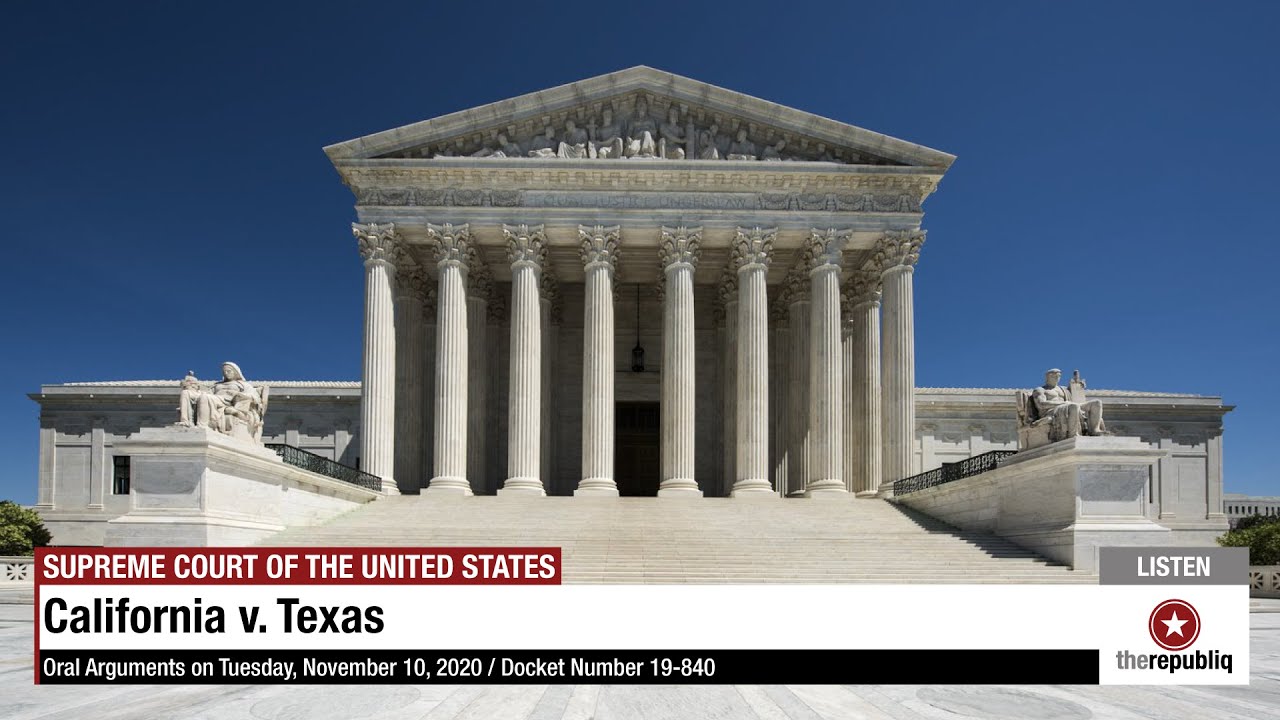SCOTUS
Fulton v. Philadelphia
Fulton v. City of Philadelphia, Pennsylvania is a case argued before the Supreme Court of the United States on November 4, 2020, during the court’s October 2020-2021 term. The case came on a writ of certiorari to the United States Court of Appeals for the 3rd Circuit.
The Case
In 2018, the city of Philadelphia’s Department of Human Services began an investigation into two of its foster care provider agents for potential violations of the city’s anti-discrimination laws. The investigation was based on an allegation that the agencies refused to work with same-sex couples seeking to become foster parents. One of the agencies was a religious nonprofit organization, Catholic Social Services (“CSS”). CSS confirmed that it would not certify same-sex couples as foster parents. The city stopped referring foster children to the agency. CSS filed suit against the city in district court, citing violations of its rights under the First Amendment and under Pennsylvania’s Religious Freedom Protection Act. The district court denied the request. CSS appealed to the 3rd Circuit, seeking emergency injunctive relief pending appeal. The circuit court denied the request. Then, CSS filed an emergency application to the Supreme Court for an injunction pending appeal or an immediate grant of certiorari. The Court denied the request. On appeal, the 3rd Circuit affirmed the district court’s ruling.
The Issue
(1) Whether free exercise plaintiffs can only succeed by proving a particular type of discrimination claim—namely that the government would allow the same conduct by someone who held different religious views—as two circuits have held, or whether courts must consider other evidence that a law is not neutral and generally applicable, as six circuits have held? (2) Whether Employment Division v. Smith should be revisited? (3) Whether a government violates the First Amendment by conditioning a religious agency’s ability to participate in the foster care system on taking actions and making statements that directly contradict the agency’s religious beliefs?”
Discussion

SCOTUS
California v. Texas

California v. Texas is a case argued before the Supreme Court of the United States on November 10, 2020, during the court’s October 2020-2021 term. The case, consolidated with Texas v. California, came on a writ of certiorari to the United States Court of Appeals for the 5th Circuit. It concerns the Patient Protection and Affordable Care Act (ACA).
The Case
In 2010, President Barack Obama (D) signed the Affordable Care Act (ACA) into law. The ACA established requirements for individuals to have health coverage and instituted fines for those without coverage. In 2018, 20 states filed a lawsuit in the U.S. District Court for the Northern District of Texas challenging § 5000A of the ACA and claiming the law was unconstitutional. A district court judge ruled the law was invalid. On appeal, the United States Court of Appeals for the Fifth Circuit ruled § 5000A was unconstitutional and remanded the case. A group of states petitioned the U.S. Supreme Court for review, arguing (1) the respondents did not have the legal right to challenge the law and (2) the law was not unconstitutional.
The Issue
(1) Whether the individual and state plaintiffs in this case have established Article III standing to challenge the minimum coverage provision in Section 5000A(a). (2) Whether reducing the amount specified in Section 5000A(c) to zero rendered the minimum coverage provision unconstitutional. (3) If so, whether the minimum coverage provision is severable from the rest of the ACA.

